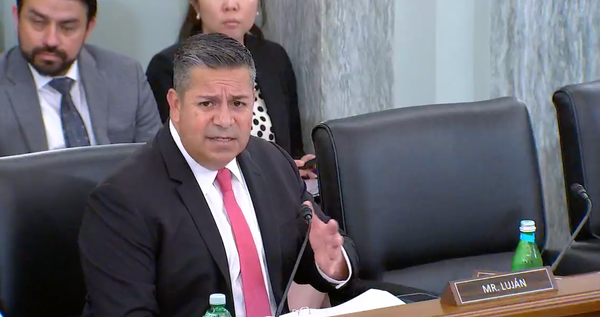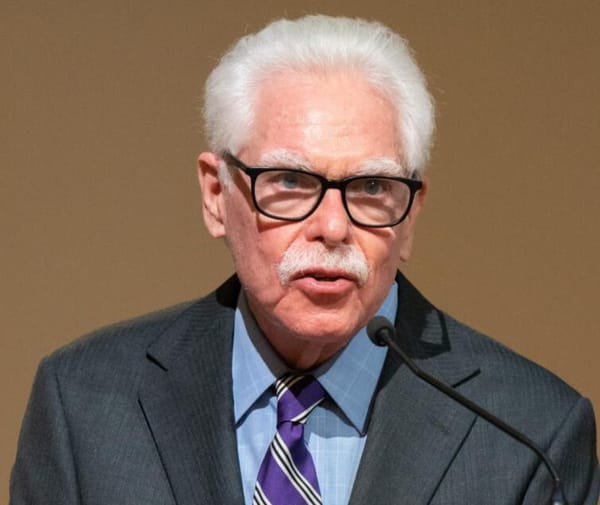Florida’s BEAD Initial Proposal, Volume Two
The state may request a waiver to make RDOF areas eligible for BEAD.

Florida released a draft volume two of its Broadband Equity, Access and Deployment initial proposal on November 22.
It was the last in a wave of states and territories that began seeking public comment on their drafts in recent weeks, an effort to close the mandatory 30-day public comment period before the December 27 submission deadline. All 56 have now done so.
States will submit their proposals to the National Telecommunications and Information Administration, the agency tapped to oversee the program. The proposals come in two volumes: volume one details how states will ground-truth broadband coverage data, and volume two outlines states’ plans for administering grant programs with their BEAD funds.
The state released a draft volume one of its proposal on November 15.
Florida estimates it will have $200 million of its $1.16 billion BEAD allocation remaining after funding infrastructure projects. The state is planning to start awarding that money to workforce development projects at the same time as infrastructure builds.
Without an effort to train and hire more people, Florida’s proposal said, there will not be enough workers in the state with the necessary skills to complete those projects. The telecommunications industry as a whole is facing a workforce shortage, and Florida is planning to fund training and outreach efforts to address the shortfall.
The state said it may be requesting a waiver from the NTIA to make some Federal Communications Commission subsidy areas open to BEAD funds, citing “growing local and national concern over the economic viability of some RDOF awards coming to fruition.” Alabama has requested such a waiver.
The FCC’s Rural Digital Opportunity Fund awarded over $9 billion to expand broadband networks to unserved areas in 2020, over $2.8 billion of which has since gone into default.
Florida’s broadband office “reserves the option,” according to its volume two, to use the NTIA’s updated financing guidelines. Those updated guidelines allow for changes that tie up less cash than the original BEAD requirement, a 25 percent letter of credit from an accredited bank.
The public comment period for Florida’s volume two is open until December 22.









